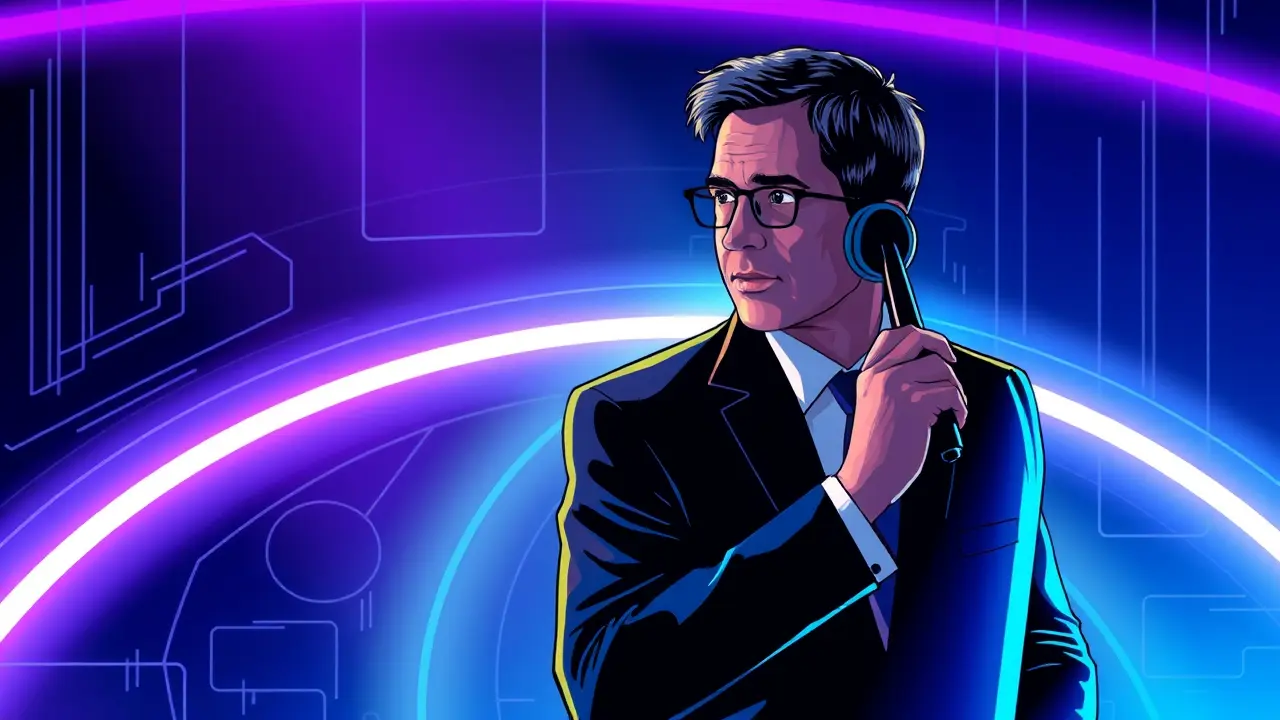
CryptoexchangesOutages and Incidents
Optus CEO Refuses to Resign After Fatal Network Outage.
OL
Oliver Scott
17 hours ago7 min read
In a high-stakes parliamentary hearing that felt more like a corporate crisis management drill than a routine accountability session, Optus CEO Stephen Rue delivered a calibrated apology for the catastrophic failure of the company's '000' emergency line—a digital lifeline whose severance has been grimly linked to four fatalities—while simultaneously digging in his heels and refusing to resign, framing his continued leadership as a necessary anchor for stability. This is not Rue's first rodeo in the eye of a telecommunications storm; he stepped into the CEO role just one year ago, inheriting a company still reeling from a massive cyberattack and a separate, crippling half-day network outage that ultimately precipitated the departure of his predecessor.The September 18th incident, a stark systems failure that left thousands of Australians unable to reach emergency services, represents a profound escalation from mere service interruption to a matter of public safety with tragic, real-world consequences, forcing a critical examination of the resilience and redundancy protocols within our nation's critical infrastructure. From a risk analysis perspective, this event is a textbook case of a cascading failure, where a single point of failure in a complex technological system can trigger a domino effect with human costs, echoing historical infrastructure collapses like the Northeast blackout of 2003 or more recent cloud service outages that have paralyzed global commerce.The political and regulatory fallout is now inevitable; one can anticipate a multi-pronged response including a rigorous Australian Communications and Media Authority (ACMA) investigation, potential class-action lawsuits from affected families, and intensified parliamentary pressure for stricter mandatory service level agreements for all telecommunications providers handling emergency calls. Rue's decision to stay, while strategically defensible from a corporate governance standpoint to prevent a leadership vacuum during a firefight, is a high-risk gambit that bets the company's reputation on his ability to not only fix the technical flaws but also to restore shattered public trust—a currency far harder to earn back than network uptime.The scenario now unfolding presents several plausible pathways: a best-case outcome where Optus emerges as an industry leader in network resilience, having overhauled its systems under Rue's stewardship; a more likely middling scenario of protracted regulatory scrutiny and financial penalties that hamper its competitive edge against Telstra and TPG; or a worst-case, high-impact tail-risk event where further service failures lead to a complete regulatory takeover of its emergency service provisioning or a forced executive exodus. The core vulnerability exposed here transcends Optus; it is a systemic warning to all nations about the fragility of digital public infrastructure in an era of increasing reliance on privately-owned networks for essential services, raising urgent questions about where the line between corporate responsibility and state-backed redundancy must be drawn to safeguard citizens in an interconnected, yet perilously fragile, digital age.
#featured
#Optus
#outage
#emergency line
#Australia
#CEO
#resignation
#telecommunications
Stay Informed. Act Smarter.
Get weekly highlights, major headlines, and expert insights — then put your knowledge to work in our live prediction markets.
Related News
© 2025 Outpoll Service LTD. All rights reserved.




